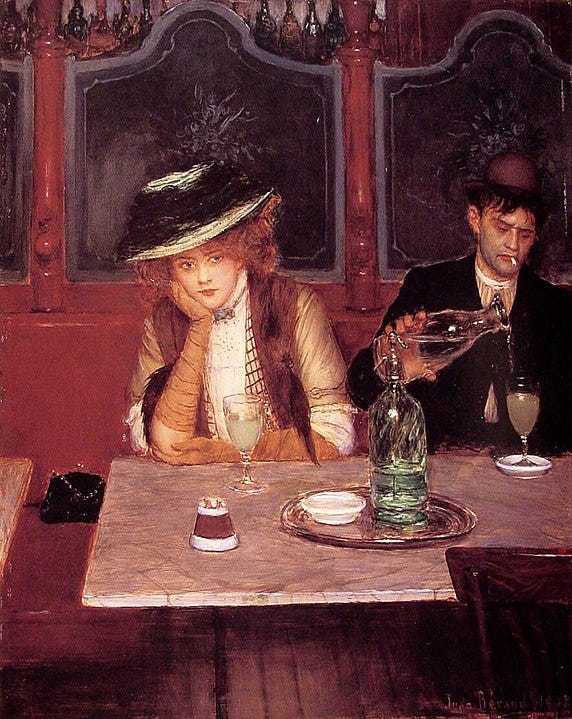Years ago, in the days when “cringe” had yet to ascend to the status of adjective, a professor with whom I worked (let us call him “Bildungsphilister”)1 asked me if I possessed a doctorate degree. “No,” said I, “I guess that makes me an autodidact.”
“Autodidact,” exclaimed the professor, “what’s that?”
A few months later, Professor Bildungsphilister took part in a tour of the battlefields of Normandy that I was leading. In the lobby of the hotel in which our group was lodging, I discovered that he, a supposed expert on the battles that took place in that part of France during the Second World War, was entirely innocent of any knowledge of the French language. Thus, rather than saying excusez-moi, an expression then familiar to anyone who watched the Steve Martin monologues that were popular in those days, the well-credentialed scholar made his request for a supernumerary towel by barking at an unfortunate desk clerk, loudly, and in English.
As much as I am enjoying this little walk down Memory Lane, and, in particular, the opportunity to rubbish Herr Doktor Professor Bildungsphilister, neither of these pleasures provide this post with its purpose. Rather, I tell this tale to introduce two words important to enthusiasts for self-education: autodidact and Bildungsphilister. The first describes a person who has attained a high standard of learning and culture by means of self-directed efforts. The second refers to someone who, despite long years of formal schooling (Bildung),2 remains a philistine (Philister.)3
Bildungsphilister is pronounced “BILL dungs FEE list er,” with the emphasis on the syllables written in upper case letters.
In the weeks and years to come, I intend to wax rhapsodic, and at length, about the two meanings of the German concept of Bildung. Like “education,” it sometimes refers to time spent in classrooms, and sometimes to something more sublime.
Present-day philistines are persons who take pains to avoid high culture and, in particular, the life of the mind. They take their name from the Iron Age people, the ilk of Goliath and Delilah, who often made war upon the ancient Israelites.






I homeschool my kids. At the beginning it wasn't because the world had ended (it hadn't yet, that was March 2020), but because even then education had. I was aware because I knew what having STEM degrees meant I knew about the world (nothing.) Still my instinct for STEM was from a desire to learn something real, at least intuiting the liberal arts had been already hollowed out.
I was that odd young person who wanted to be middlebrow and have read the Great Books. And as a homeschooling mom, I intended to ensure we would read them before they left for college since they certainly wouldn't get a chance there.
My joy for ideas grew the more I read about classical Greece, late Rome, anglo Saxon England. Literature came alive (who knew authors intentionally used poetic devices? I didn't!) So did history. Philosophy no longer seemed just a big shaggy dog story where in the end the deny their original premises in which the posed their questions. We used to know what wisdom came before us. It's still there if we just read.
The original scientific revolution came to us via coffee shops and clubs, not universities. We can do it again.
The more the world collapses, the easier it is to not spend worthless effort hamster-wheeling my kids for worthless college, and to instead prepare them to be adults who read and think. The best reward is their sense of purpose, their knowledge of the past, and their ability to reason about the future.
I'm so glad to find your substack! Can't wait to read it all.